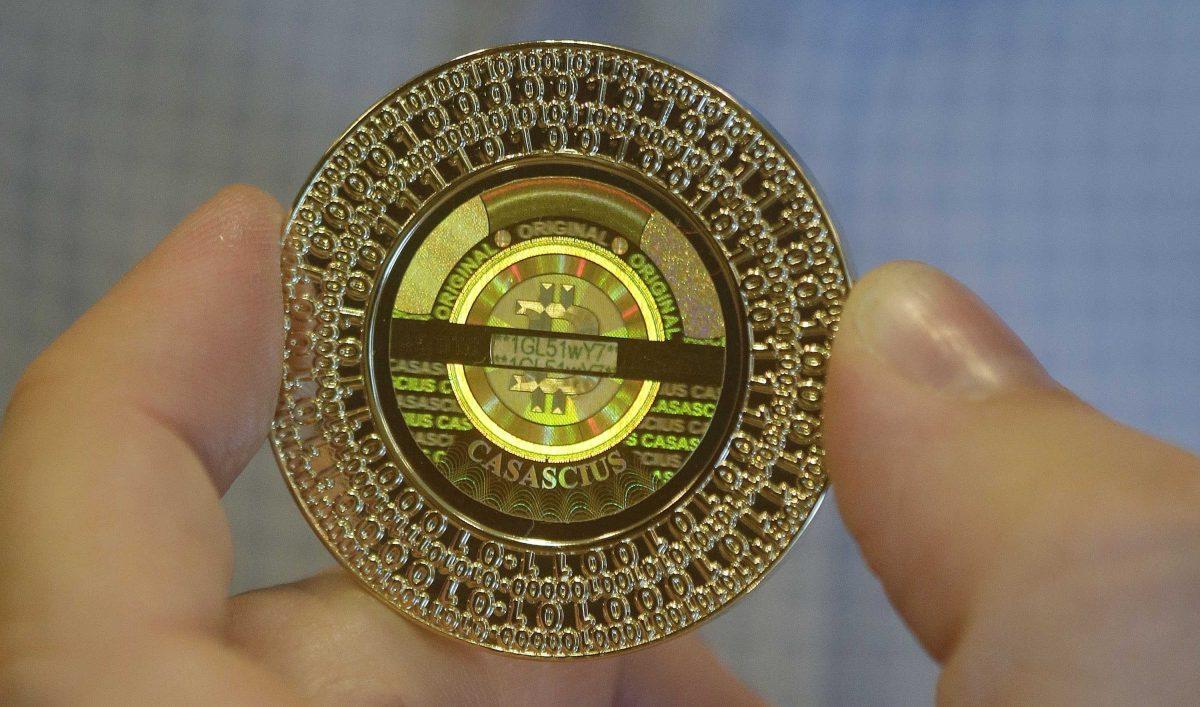Last Wednesday, the federal government raided and shut down the online marketplace Silk Road and arrested its alleged founder Ross Ulbricht.
This would have been a big story, if it weren’t for the government shutdown and the soon-approaching debt ceiling debate consuming virtually all of the media’s attention.
In its most simplistic form, Silk Road was essentially a secret Internet site where people anonymously purchase anything from illicit drugs to assassins-for-hire.
Sure, it’s pretty interesting that, for more than two years, the online black marketplace evaded the FBI and other federal enforcement agencies, generating nearly $1.2 billion in sales.
However, lurking far below the surface, Silk Road was an attempt at something much greater.
Silk Road was, in many ways, the epitome of free market economics.
To really get a sense of why this is the case, you must understand two basic things.
First, the libertarian motives driving Ulbricht, a 29-year-old with a bachelor’s degree in physics from the University of Texas, to allegedly create the Silk Road.
Second, the inevitable failure of Bitcoin which was the online “currency” used to purchase items on the now-defunct black market.
For Ulbricht, it all started sometime in 2008 when, according to his LinkedIn profile, he suddenly lost interest in physics.
“Now, my goals have shifted. I want to use economic theory as a means to abolish the use of coercion and aggression amongst mankind,” Ulbricht said.
He continued: “The most widespread and systemic use of force is amongst institutions and governments, so this is my current point of effort. The best way to change a government is to change the minds of the governed.”
He concluded: “To that end, I am creating an economic simulation to give people a first-hand experience of what it would be like to live in a world without the systemic use of force.”
Put simply, Ulbricht created the Silk Road as a result of being a fan of the Austrian School of Economics, which is an argument for a “hands off” approach to the relationship between government and markets.
Bitcoin, the decentralized cyber-currency, was the vehicle through which Ulbricht’s free market fantasy took form, allowing for transactions on the Silk Road to be completely anonymous and free from government regulation.
But proponents of Bitcoin insist it’s about much more than paving the path for illicit transactions.
Indeed, the biggest known investors in Bitcoins are the Winklevoss brothers, the wealthy twins who claimed to be the creators of Facebook and were made famous by the film “The Social Network.”
Their claims for why they invested in Bitcoin are similar to conservative arguments for why we should abolish fiat money — money backed by the federal government — and revert back to the gold standard.
“We have elected to put our money and faith in a mathematical framework that is free of politics and human error,” Tyler Winklevoss said to the New York Times.
The similarity between Bitcoin enthusiast, gold and a libertarian ideology makes sense: All three share the belief that the government, specifically central banks, is vastly abusing its power to print money.
Regardless of whether you believe the Federal Reserve has launched an assault against the value of the dollar, decentralized currencies, such as gold and Bitcoin, always end up being abject failures.
The reason: They have no fixed value. Both trade like stocks, bonds or other commodities.
In other words, if we suddenly switched from the dollar and started using Bitcoin or gold as money, you would literally have to check to see how much the currency was worth in terms of value every day.
Such uncertainty would be pretty inconvenient and render the fundamental purpose of money — as a medium of exchange that makes buying and selling products way easier than barter — essentially useless.
So, in a way, the Silk Road was kind of like a free market experiment that went horribly wrong.
We’ve got some serious economic problems, but an irrational hatred of government regulation — and little pieces of green paper — don’t happen to make the list.
Jay Meyers is a 20-year-old economics junior from Shreveport.
Opinion: Silk Road Shutdown Demonstrates Failure of Free Markets
By Jay Meyers
October 9, 2013
In this April 3, 2013 photo, Mike Caldwell, a 35-year-old software engineer, holds a 25 Bitcoin token at his shop in Sandy, Utah. Caldwell mints physical versions of bitcoins, cranking out homemade tokens with codes protected by tamper-proof holographic seals, a retro-futuristic kind of prepaid cash. With up to 70,000 transactions each day over the past month, bitcoins have been propelled from the world of Internet oddities to the cusp of mainstream use, a remarkable breakthrough for a currency which made its online debut only four years ago. (AP Photo/Rick Bowmer)





